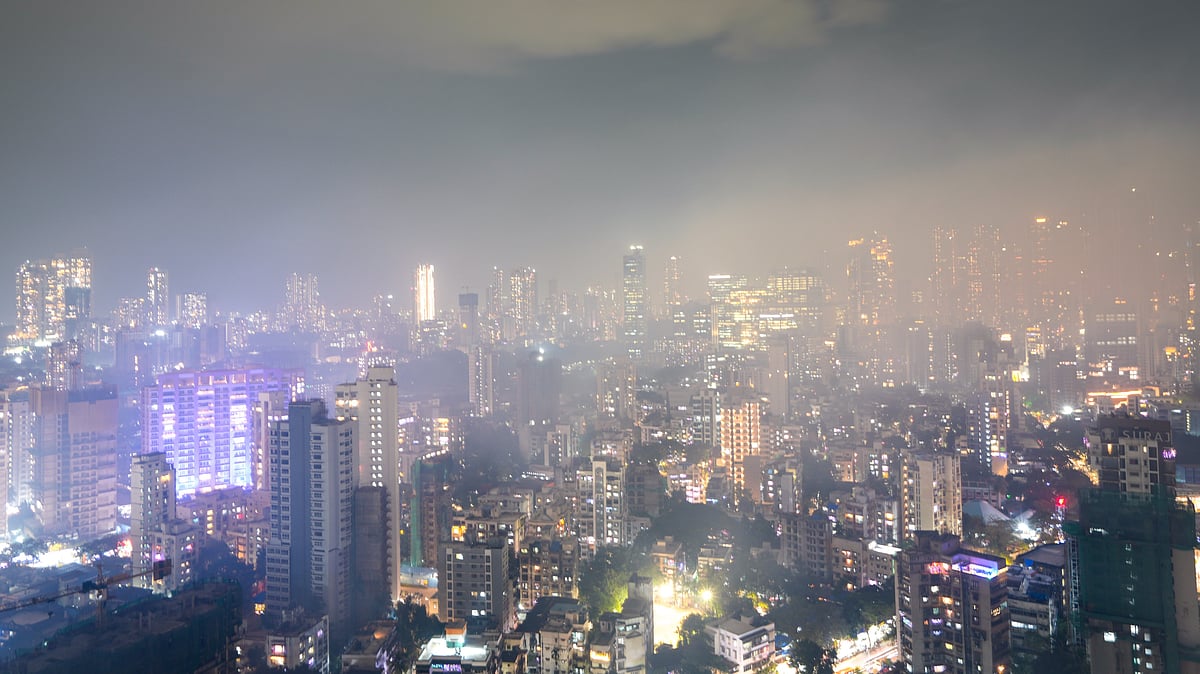Environment
In 2023, air pollution claimed 2 million lives in India
Air pollution in India is now a public health catastrophe, highlights Congress leader Jairam Ramesh, and the danger is not only to our lungs...

India’s air pollution has transcended the lungs, emerging as a silent assailant on the rest of our bodies and our minds too, Congress leader Jairam Ramesh warns, painting a grim picture of a nation under siege from its own skies.
Speaking on the alarming rise in pollution-related deaths, Ramesh called for urgent reforms in the country’s air-quality management framework.
“India’s air pollution crisis is no longer just a respiratory issue. It’s now a full-blown assault on our brains and bodies,” Ramesh said in a post on X.
Published: undefined
Recent estimates reveal a grim toll: In 2023, approximately 2 million lives in India were claimed by air pollution, marking a staggering 43 per cent rise since 2000.
Notably, nearly 9 out of 10 of these deaths were tied to non-communicable diseases such as heart ailments, lung cancer, diabetes and dementia — an assortment that underscored that the menace now reaches far beyond the lungs, seeping into every organ of the nation’s health.
India’s mortality rate from air pollution stands at approximately 186 deaths per 100,000 people — over 10 times higher than high-income countries, which record 17 deaths per 100,000 on average.
Published: undefined
Breaking down the impact of India’s air pollution
Air pollution accounts for nearly 70 per cent of deaths from COPD (chronic obstructive pulmonary disease), about 33 per cent of lung cancer deaths, 25 per cent of cardiovascular (CVD) deaths and 20 per cent of diabetes-related fatalities in India.
The invisible menace of PM2.5 — fine particulate matter measured in micrograms per cubic metre — is also linked to brain damage and accelerated cognitive decline. Globally, around 626,000 dementia-related deaths in 2023 were tied to air pollution, showing the far-reaching impact of toxic air.
Ramesh sounded the alarm about India’s current air quality standards as well, noting that PM2.5 levels in the country are eight times higher than the WHO annual guideline and four times higher than the 24-hour guideline. Despite the launch of the National Clean Air Programme (NCAP) in 2017, pollution levels continue to rise, with every Indian now residing in areas exceeding WHO-recommended PM2.5 levels.
“The situation is not just a health crisis, it’s a national security threat,” Ramesh said. “It endangers our healthcare system, our workforce and the future of our society. We urgently need to revise the NCAP and update the National Ambient Air Quality Standards, last overhauled in 2009, to confront this growing catastrophe.”
As the nation chokes under toxic skies, experts warn that without swift and decisive action, India risks losing an entire generation to pollution-related illness and cognitive decline — a price far too steep for the air we breathe.
Published: undefined
Follow us on: Facebook, Twitter, Google News, Instagram
Join our official telegram channel (@nationalherald) and stay updated with the latest headlines
Published: undefined